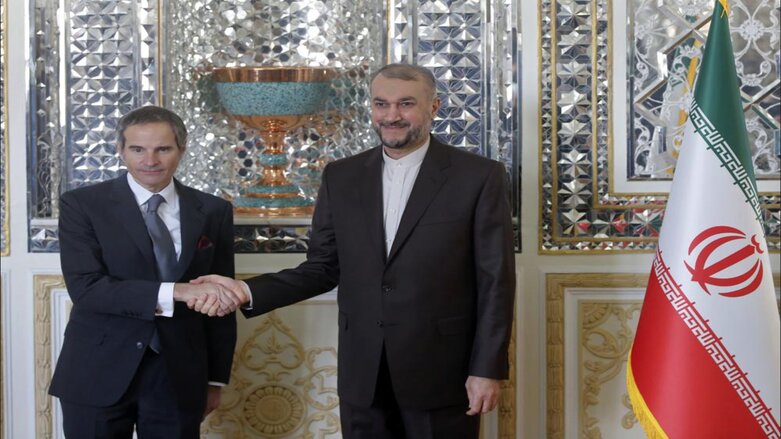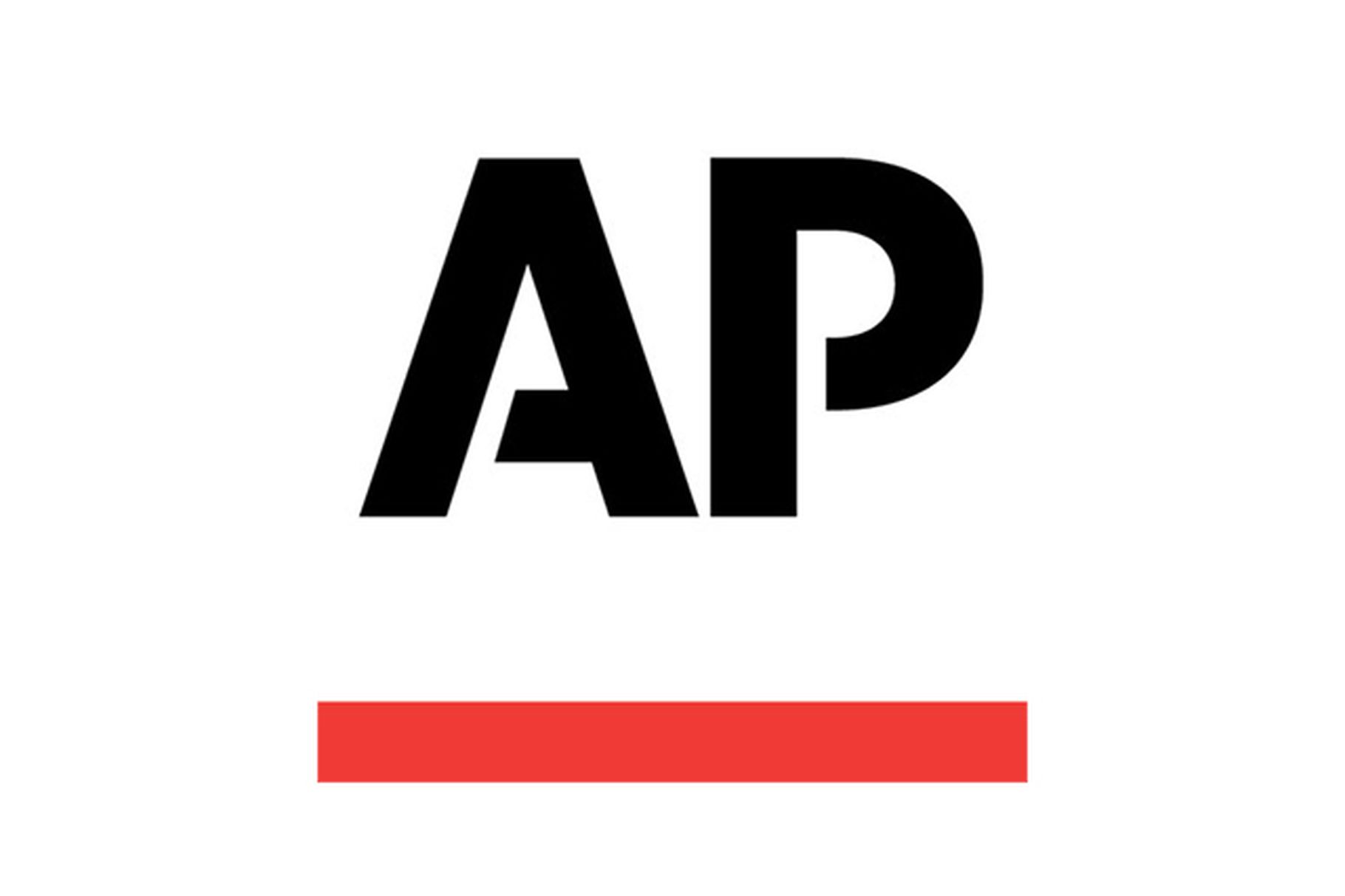As Iran talks near end, UN nuclear watchdog chief in Tehran

Iran on Saturday suggested it could supply answers long sought by the United Nations’ nuclear watchdog toward the end of May as talks in Vienna over its tattered atomic deal with world powers appear to be reaching their end.
The comment by Mohammad Eslami, the head of the civilian Atomic Energy Organization of Iran, came as Rafael Mariano Grossi of the International Atomic Energy Agency visited Tehran.
While Grossi did not directly confirm that timeline, he described his visit as meant “to address outstanding questions” as negotiators back in Europe appear to be reaching a deadline to see if the 2015 accord can be revived. He planned to address journalists in Vienna late Saturday about his trip.
“It would be difficult to believe or to imagine that such an important return to such a comprehensive agreement like the (nuclear deal) would be possible if the agency and Iran would not be seeing eye to eye on how to resolve these important safeguards issues,” Grossi said in Tehran. Safeguards in the IAEA’s parlance refer to the agency’s inspections and monitoring of a country’s nuclear program.
Grossi for years has sought for Iran to answer questions about man-made uranium particles found at former undeclared nuclear sites in the country. U.S. intelligence agencies, Western nations and the IAEA have said Iran ran an organized nuclear weapons program until 2003. Iran long has denied ever seeking nuclear weapons.
For his part, Eslami said the men had reached an “agreement” that would see Iran “presenting documents that would remove the ambiguities about our country.”
“God willing, we will do this by Khordad, which is a phase of the agreement in Vienna,” Eslami said. Khordad is a month in the Persian calendar which starts on May 22 this year. However, converting Persian calendar dates to Gregorian has caused prior confusion amid recent tensions over Iran’s program.
Eslami did not elaborate on what the documents would discuss. However, Iran has made previous conciliatory gestures before meetings of the IAEA’s membership. Its next Board of Governors meeting begins Monday.
Grossi met later with Iranian Foreign Minister Hossein Amirabdollahian.
The nuclear deal saw Iran agree to drastically limit its enrichment of uranium in exchange for the lifting of crushing economic sanctions. But a 2018 decision by then-President Donald Trump to unilaterally withdraw America from the agreement sparked years of tensions and attacks across the wider Mideast.
Today, Tehran enriches uranium up to 60% purity — its highest level ever and a short technical step from weapons-grade levels of 90% and far greater than the nuclear deal’s 3.67% cap. Its stockpile of enriched uranium also continues to grow, worrying nuclear nonproliferation experts that Iran could be closer to the threshold of having enough material for an atomic weapon if it chose to pursue one.
Undeclared sites played into the initial 2015 deal as well. That year IAEA’s then-director-general also come to Tehran and visit one suspected weapons-program site at Parchin. Inspectors also took samples there for analysis.
Grossi’s inspectors also face challenges in monitoring Iran’s current advances in its civilian program. Iran has held IAEA surveillance camera recordings since February 2021, not letting inspectors view them amid the nuclear negotiations.
In Vienna, negotiators appear to be signaling a deal is near — even as Russia’s war on Ukraine rages on. Russia’s ambassador there, Mikhail Ulyanov, has been a key mediator in the talks and tweeted Thursday that negotiations were “almost over.” That was something also acknowledged by French negotiator Philippe Errera.
“We hope to come back quickly to conclude because we are very, very close to an agreement,” Errera wrote Friday on Twitter. “But nothing is agreed until EVERYTHING is agreed!”
British negotiator Stephanie Al-Qaq simply wrote: “We are close.”
Meanwhile on Saturday, Iran’s paramilitary Revolutionary Guard unveiled what it described as two new underground missile and drone bases in the country. State TV said the bases contained surface-to-surface missiles and armed drones capable of “hiding themselves from enemy radar.”
